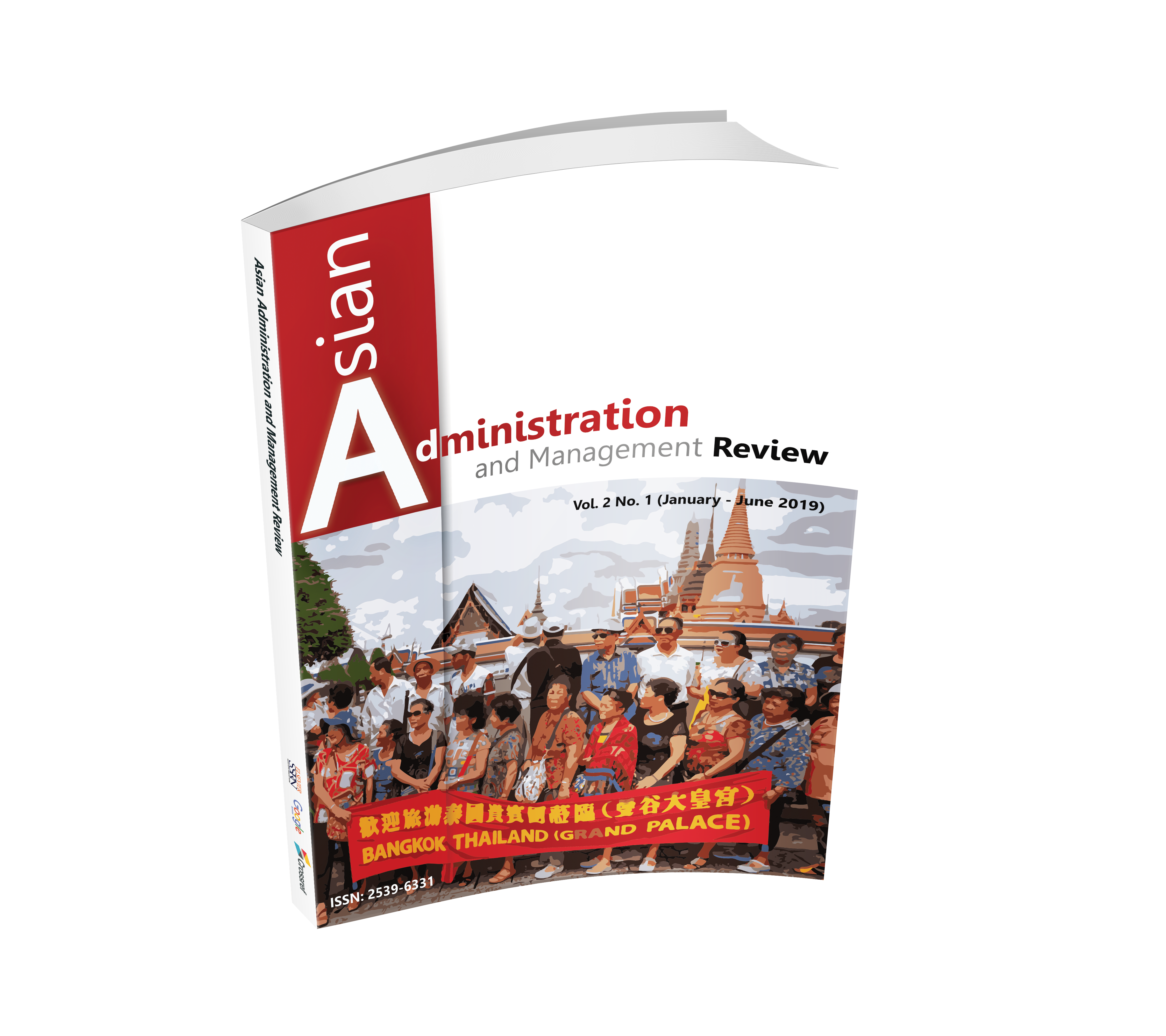Community and Renewable Energy Economic and Management
Keywords:
Biofuel, Biomass, Cost Analysis, Return, CommunityAbstract
Energy resources are a large powerhouse that is needed in daily life. The Royal Thai Government has taken measures to change the use of crude oil into other type of resources such as natural gas, solar energy and wind energy because all of them are less polluting than other fuels. According to the important role of gasoline in economy, this research would like to know the sensitivity of the demand for gasoline to price changes. In the finding, the demand of gasoline would sensitive to price changes because gasoline become the essential for transportation which all people have to travel every day for work, school, business and traveling. There are seven kinds of gasoline in the market; Benzene or Gasoline 91, Gasohol 91, Gasohol95, Gasohol E85, Gasohol E20 and Diesel. In the paper, it will focus on Benzene, Gasohol E20 and Diesel. Benzene is the gasoline which contains less addition and it is suitable for high quality and high-performance engine cars. Gasohol E20 is the petroleum added with ethanol as alternative additives. This kind of gasoline is proper for normal car or medium range. Actually, Diesel almost use in Trains, buses, pickup and trucks which usually use for business. All of gasoline is more useful to the economy on the growth However, if it is too expensive for demand spending, it should have something for replacing. The project should be tested in this research about “Renewable Energy Management for Community” expressing via objective: to analyze the costs and benefits of using biodiesel in the community. The findings are the best case as a result of the decrease in cost of biodiesel showing the cost of construction and renovation of biodiesel plants has decreased. The Benefit-to-Cost Ratio is 2 times and the IRR is 47.47 % per annum. While the worst case.When there is an increase in cost of biodiesel equipment costs, the cost of construction and renovation of biodiesel plants has increased 12 % which it will increase the investment cost of the project to 197,600 Baht. When analyzing the cost and benefits of the project, the project will have a net present value (NPV) of 128,829.86 Baht which is a benefit to cost. The Benefit-to-Cost Ratio is 1.64 times and the IRR is 35.62 % per annum. Then, it can claim that the “Renewable Energy Management for Community” project is still worth the money. This is an important part of the decision to invest the project in other communities. Therefore, it is a reflection of the choice for society in the community. Moreover, the Department of Energy and Provincial Office can use as a guideline to draft a plan for development of other communities. This will lead to the selection of communities that is being ready to form the next village headmen and villager’s prototype community.
Downloads












.png)


